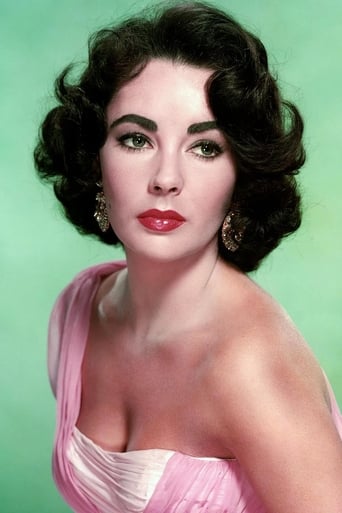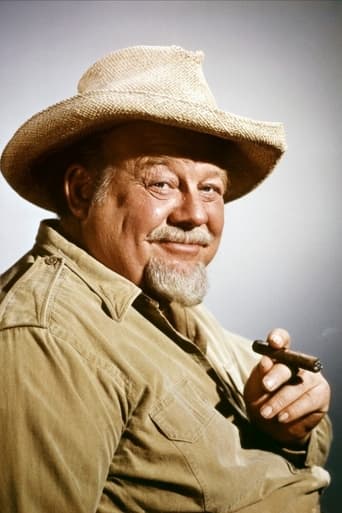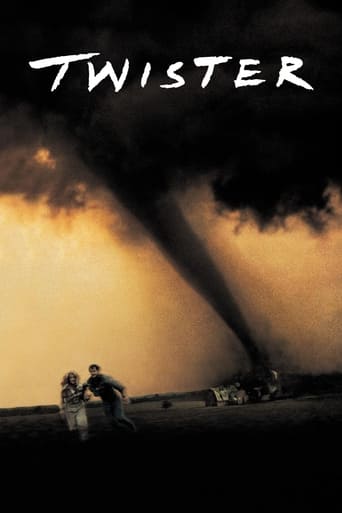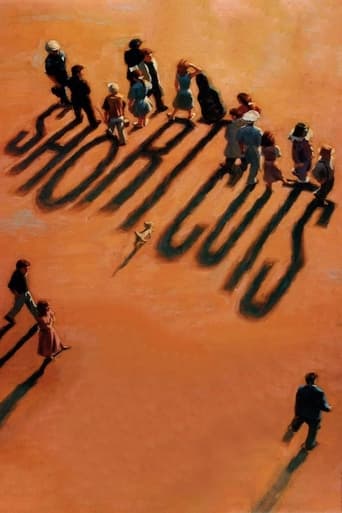Cat on a Hot Tin Roof (1958)
An alcoholic ex-football player drinks his days away, having failed to come to terms with his sexuality and his real feelings for his football buddy who died after an ambiguous accident. His wife is crucified by her desperation to make him desire her: but he resists the affections of his wife. His reunion with his father—who is dying of cancer—jogs a host of memories and revelations for both father and son.
Watch Trailer
Cast
Similar titles


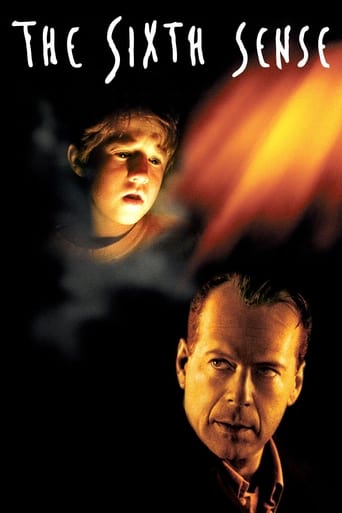
Reviews
Fantastic!
Excellent but underrated film
Absolutely brilliant
It’s an especially fun movie from a director and cast who are clearly having a good time allowing themselves to let loose.
A memorable drama, with superb performances by Elizabeth Taylor, Paul Newman, and Burl Ives. The undercurrent of Taylor and Newman's wrecked marriage energizes the plot; they "occupy the same cage" as Taylor's Maggie puts it. She relentlessly tries seduction, but Newman could care less.As others have pointed out, Brick's brother is presented as a hen-pecked mediocrity, his family fairly trashy, while Brick and Maggie are the 'cool couple.' Actually, Gooper is a solid citizen, and Brick is a bitter alcoholic. It's amusing how Ives' Big Daddy shows no respect for Gooper's family, dropping sarcastic bombs all over them. Nonetheless, he's even more upset by Brick's non-conformity. It would be interesting to have a sort of prequel in which Brick's relationship with Skipper is shown, instead of just referred to. That would've been impossible in the 50s. In fact, it's surprising that the gay theme was explored in such depth, even if inferentially. Big Daddy is consumed by Brick's inclination; he can't understand it, for him it's a problem that should have a solution.Still, he shows considerable sensitivity to Brick. He never insults Brick, as he does everyone else, Maggie excepted. "We even love your hate" as Big Momma aptly puts it. He goes through a huge effort to shoo everyone away when he wants to talk to Brick. "Now that I'm straightened out, I'm gonna straighten you out!" Big Daddy tells him. Brick's alcoholism is the buffer between the way he is, and the way he's expected to be. The thunderstorm breaks, literally, just as they bring up Skipper. While Skipper was losing control, just before his suicide, Maggie wanted to go bed with him in an ironic attempt to keep him away from Brick by trying to 'fix' him. Interestingly, Big Daddy shows concern for Skipper, realizing that Brick is partially responsible for Skipper's death. Big Daddy has sensitivity, but lacks love.After Big Daddy discovers that he will die, the family argument over the estate rivals Brick and Bid Daddy's earlier argument for its intensity. It succeeds in pointing out Gooper's greed and shallowness. The climactic cellar scene telescopes the show's themes adroitly; Brick and Big Daddy finally do understand each other, and each other's strengths and weaknesses. The last scene, however, seems artificial, as though Brick can change his nature through an act of will.Cat On a Hot Tin Roof is an excellent movie, very passionate and very intelligent.
I had heard about this film many times in the past, mainly because of the leading actress, I know it was one of the big hits of the decade, so I looked forward to watching it, based on the play by Tennessee Williams. Basically the patriarch of the Pollitt family, known affectionately as Big Daddy (Burl Ives) is gathering his family at the vast 28,000 acre East Mississippi plantation estate to celebrate his 65th birthday. Big Daddy's son Brick (Oscar BAFTA nominated Paul Newman) is alcoholic ex-football player, he has recently left his job as a sportscaster, he has spent the last few years drinking, and he ends up in crutches after trying to jump hurdles and breaking his leg. In his drunken state, Brick has also been resisting the affections of his wife, Maggie (Oscar BAFTA nominated Dame Elizabeth Taylor), he only agreed to remain married to her on the condition she does not pressure him for sex, their relationship has become turbulent. Big Daddy and Big Mama (Rebecca's Judith Anderson) arrive home from the hospital via their private plane, this is following a medical checkup for Big Daddy, they then gather the family at the house, including Brick and Maggie, Brick's brother Gooper (Jack Carson) and his plump wife Mae (Madeleine Sherwood). Following dinner and conversations, Dr. Baugh (Larry Gates) meets privately with Brick and Gooper to tell the truth about their father's condition, in reality Big Daddy is dying of terminal colon cancer, and will likely be dead in a year. Brick tells Maggie of his father's inoperable disease, she is heartbroken, Maggie wants Brick to take an interest in his father, both for the chance to get his inheritance, and as his son, but Brick stubbornly refuses. As the evening winds down, Big Daddy talks with Brick in his room to explain his disdain of his alcoholic son's behaviour and demands t know why he is so stubborn, Maggie joins them and reveals an incident one night, that happened years ago, where Brick's best friend and football teammate Skipper committed suicide, she was jealous with Brick spending too much time with Skipper, she intended to seduce him, Brick blamed her for Skipper's death, but actually blames himself for not helping Skipper when he repeatedly called him. During an argument, Brick lets slip that Big Daddy is dying of cancer, the group are devastated, Big Daddy is shaken and retreats to the basement, while lawyer Gooper and his wife Mae argue with Big Mama about the family cotton business and Big Daddy's will. Brick joins his father in the basement, they confront each other, while surrounded by hundreds of hidden antiques and family possessions, Brick lashes out into a rage when the subject of his sporting career crops up, he starts smashing things, he eventually stops and breaks down sobbing, he and Big Daddy ultimately reconciliate. The rest of the family start to crumble under the pressure of the revelations, Big Mama steps up to be strong, Maggie gives her present to Big Daddy, which is the announcement that she is pregnant, Mae calls her a liar, although Brick and Big Daddy knows she is lying they defend her, Maggie and Brick reconcile and kiss, and it is implied they will have sex, so the baby lie will become true. Also starring Vaughn Taylor as Deacon Davis, Patty Ann Gerrity as Dixie Pollitt, Brian Corcoran as Boy Pollitt, Robert 'Rusty' Stevens as Sonny Pollitt, Hugh Corcoran as Buster Pollitt and Deborah Miller as Trixie Pollitt. Taylor and Newman were at the peak of their stardom, Taylor is beautiful and despite a slightly dodgy accent is fantastically outspoken, Newman is splendid as the irritated but righteous family member, and Ives, who I know best as the singer of "Rudolph the Red-Nosed Reindeer", is surprisingly good as the dying head of the family. You can tell it is based on a play, as the majority of the action takes place in one location, and all the atmosphere is brought about by the overheated dialogue and actions of the characters, the references to sex and homosexuality is watered down for the time, but the revelations and personal demons coming out get your attention, all in all it's a worthwhile drama. It was nominated the Oscar for Best Picture, Best Director for Richard Brooks, Best Writing, Screenplay Based on Material from Another Medium and Best Cinematography, it was nominated the BAFTA for Best Film from any Source, and it was nominated the Golden Globes for Best Motion Picture - Drama and Best Director. Very good!
A classic film in terms of star power, and the flawless craft that went into it, but nowhere near as shocking, poetic or memorable as the earlier B&W Tennessee Williams adaptation A Streetcar Named Desire.Essentially, this film is a glitzy, upmarket rewriting of that films central themes and tropes, except focusing on a genteel family of well-to-do Americans; their family headed by a plutocrat of sorts, diagnosed with cancer, with his family of dysfunctional, permanently arguing offspring and in-laws bitching at each other over who will get his house, land and business interests after death.The film does achieve a kind of black comic tone during numerous scenes where Big Daddy essentially thinks his health is fine, but doesn't know the real diagnosis, and of course Elizabeth Taylor looks stunning, always lit and dressed perfectly, and occasionally shot with a soft focus lens that would look out of place nowadays, but isn't as disjunctive as the overcooked soft focus you'd see on, say, an early Star Trek episode.This movie is OVERRATED. I don't mean that in a bad way, the writing is great, the characterization and catharsis among the troubled offspring verges on a type of pop-psychoanalysis. The movies main problem is that is makes very heavy going of 'taboo' subjects like sex, alcoholism and repressed familial hatreds, that supposedly decent people "just didn't talk about" in the 1950s. The actors often seem to be shouting their emotions at the audience, not at each other, and the sheer volume of endless arguing and accusations among the hateful, greedy family members feels like an endless fever pitch where the director wants a big emotional forte every five minutes, practically like clockwork.As I mentioned above, the films essentially a recasting of Streetcar, but in a different setting, and numerous commentaries suggesting that Williams own dysfunctional, miserable family are projected in his writing work are quite obvious. Ultimately, Cat on a Hot Tin Roof is a good movie, but only if you haven't seen the earlier (and better) movie A Streetcar Named Desire. Lastly, the tone and personal drama approach of the film seems to have hit a commercial formula for popular drama that gets re-written and replayed practically every year, showered with awards no doubt, as pretend family members shout, emote and deliver extensive monologues baring witness to their inner lives, in a very, very direct and obvious manner. Good entertainment, but a bit middlebrow, too.
Tennesse Williams. Liz Taylor. Paul Newman. and a film who seems be a Swiss watch. not only for splendid cast acting but for the atmosphere who transforms the play in a portrait with role of mirror. its virtue - the breaking of screen. ambiguity, angry, fear, the truth scenes, the dialogs, the need of the other and, sure, the ghosts of past are not only presented but explored by viewer. the actors are only tools. other adaptations of Tennessse Williams plays are more brilliant, impressive or spectacular. but in this case the axis is represented by deep honesty. the fragile force of Maggie, the levels of Big Daddy in admirable work of Burl Ives, Paul Newman in the perfect Brick skin and Judith Anderson as the wife of a statue are important not only for artistic purpose but for the the escape from South cage. a play and a special adaptation about vulnerability as heart of existences.




